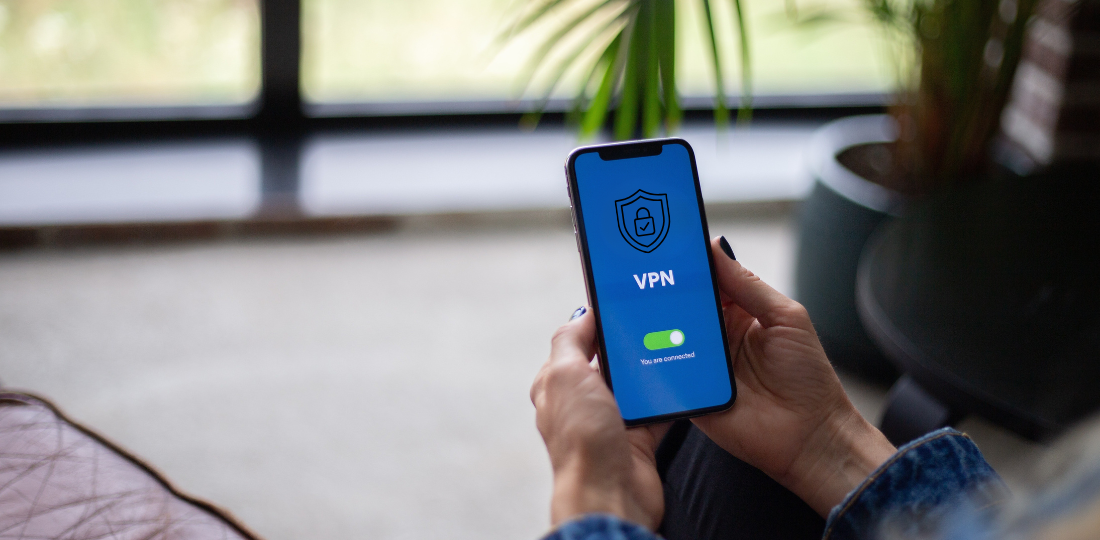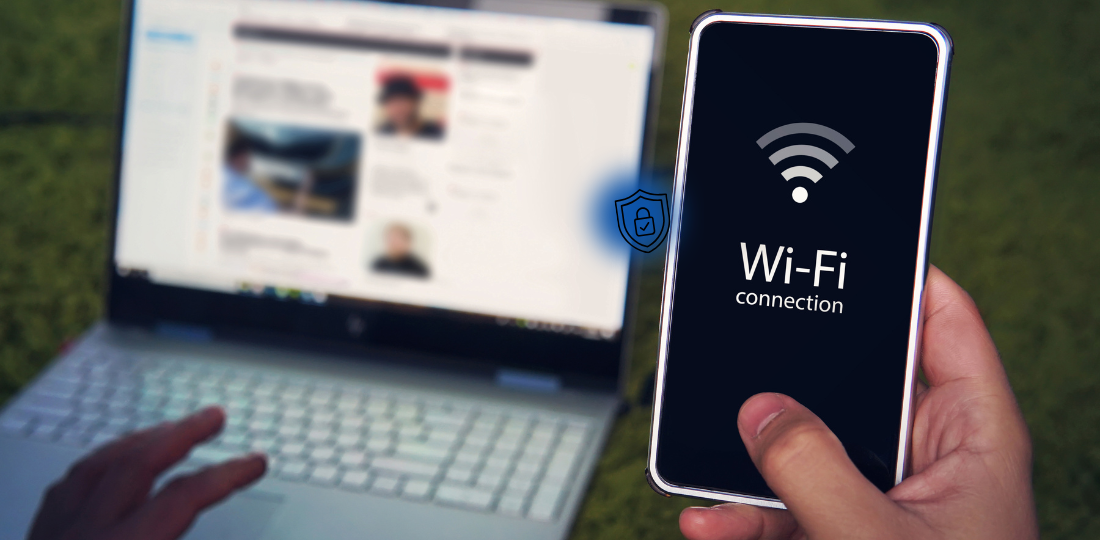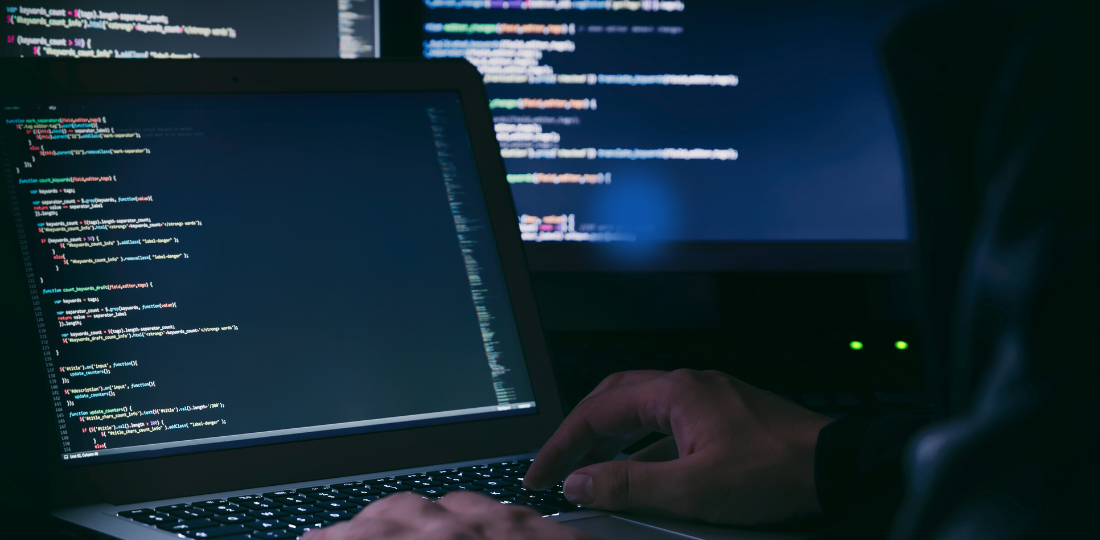
10 key benefits of using a VPN, according to experts
In today's interconnected world, online privacy and security are paramount concerns for individuals and businesses alike. This article explores the key benefits of using a Virtual Private Network (VPN) on personal devices, drawing from expert insights.
Discover how VPNs can protect your data, enhance your online freedom, and provide a safer digital experience.
Top 10 VPN Benefits
- VPNs Shield Data on Public WiFi
- Reduce Online Tracking with VPN
- VPNs Minimize Identity Theft Risk
- VPNs Protect Against DDoS Attacks
- Secure Remote Access to Sensitive Data
- VPNs Safeguard Against WiFi Spoofing
- VPNs Offer Digital Independence
- VPN Encryption Enhances Online Privacy
- Access Region-Restricted Content While Traveling
- VPNs Create Digital Boundaries
1. VPNs Shield Data on Public WiFi
"I can attest that VPNs excel at protecting your personal data on public WiFi networks. This encryption creates a secure tunnel that shields your information from cybercriminals lurking on these networks. I always tell my clients about the coffee shop scenario — when you're at Starbucks checking your bank account, hackers can easily intercept that data on unprotected networks. The VPN encrypts everything, making it unreadable even if someone captures your traffic. We've seen countless cases where people were compromised because they accessed a sensitive email from hotel WiFi without protection. One client had their entire customer database exposed because an employee logged in from an airport without a VPN. The key insight from my years in the field: public WiFi is never truly safe, but a VPN transforms any connection into a private, encrypted channel. It's like having a bodyguard for your data wherever you go online."

2. Reduce Online Tracking with VPN
"One significant benefit of using a VPN on a personal device is how it drastically reduces the ability of Internet Service Providers (ISPs) and other third parties to track your online behavior and build a detailed digital profile of you. This adds a crucial layer of privacy to your everyday browsing habits. Think of it as proactive cyber defense: by masking your online activity, you become a less attractive target for malicious actors looking to gather data for sophisticated phishing schemes or identity theft. Just as we help businesses implement controls to limit data access, a VPN empowers you to limit external visibility into your personal online footprint. This proactive approach helps protect your digital integrity, preventing future headaches and potential financial losses."

3. VPNs Minimize Identity Theft Risk
"A VPN on your own device will minimize the chances of identity theft since no one will have direct access to your digital fingerprint. Most people do not think twice about the data trail they leave behind when they browse, stream, or even check their bank account. Each and every click, page view, and search is linked to your IP address that can be traced back to your physical address, your way of life, and in most instances, your name. Without any protection in place, that information becomes valuable to people looking to exploit it. A VPN works by scrambling that data before it ever reaches a website or app. This makes it much harder for cybercriminals, data brokers, or even WiFi snoopers at a coffee shop to see who you are or what you are doing. That is very important if you have logged into sensitive accounts or used public networks that aren't secure. Identity theft is not necessarily a result of a dramatic hack. It normally begins with minor bits of personal information being followed, sold, or stolen in the background. Using a VPN provides you with a shield which will make it much more difficult to trace your activity back to you. It is among the most straightforward approaches to stay ahead of identity theft."
4. VPNs Protect Against DDoS Attacks
"The advantage of having your own VPN on a personal device is that it protects you from DDoS attacks, which can cause serious disruptions. DDoS attacks overload the server or network of a target with traffic to the extent that it crashes. When your IP address is exposed, it becomes a target. However, a VPN masks your IP address, making it very difficult for attackers to target you directly. This means that your connection is secure, and the possibility of a DDoS attack hitting you reduces considerably. Consider, for instance, when you are streaming or working remotely and an individual is executing a DDoS attack. Failure to use a VPN may interrupt or even shut down your online activities. With a VPN, the same kind of attack is much less likely to ruin your experience. Your IP address remains anonymous, and if malicious users attempt to attack your network, they would find it difficult to track and block your access."

5. Secure Remote Access to Sensitive Data
"A VPN gives you safe access to important files and accounts when browsing remotely. Say you're reviewing a sensitive document, or looking at your office email from a hotel or an airport. If you don't use a VPN, it's very possible for anyone lingering on the same Wi-Fi network to intercept what you're doing. It's not something we think about till it's too late. But a VPN is like your own private tunnel back to your files, and no one can get in. That means you can pull up sensitive data, draft a quick letter, and even check internal updates. For me, it's pretty non-negotiable in our line of work. I could never compromise client information or put myself or our practice at risk out in the open."
6. VPNs Safeguard Against WiFi Spoofing
"The advantage of using a VPN on a personal device is that it protects your data from Wi-Fi spoofing. Public Wi-Fi spots can be found anywhere, yet not every place is safe. Sometimes, someone creates a dummy hotspot that appears legitimate, and it is done with the hope that they can fool people into connecting. If I end up accidentally joining any of those, my information, passwords, messages, and everything may be revealed. That is where the VPN steps in. The VPN basically encrypts all my internet traffic, meaning that even when I connect to a spoofed hotspot, the information that passes out of my device is garbled and incomprehensible to anyone snooping. This protects my browsing, logins, and personal information regardless of what network I am connected to. It is like sending messages in a locked box, so only I and the real server can open them."
7. VPNs Offer Digital Independence
"Another advantage that people seldom consider when deploying a VPN on their personal device is the opportunity to achieve digital independence. In the modern world, many websites and services are already monitoring their users by recording cookies, IP addresses, and browsing history, accumulating as much information as possible to create personal profiles. These profiles are used to serve targeted advertisements or even sell the information to other parties. When you connect to the Internet via a VPN, you disguise your actual location and make it difficult for third parties to track your online activities. This puts you in a better position to control your digital footprint."
8. VPN Encryption Enhances Online Privacy
"The main benefit of using a VPN on your personal device, for me, is the data encryption. VPNs make your online activity almost impossible to track or intercept. This encryption significantly improves your online privacy, especially on public Wi-Fi or when browsing sensitive content."
9. Access Region-Restricted Content While Traveling
"Using a VPN on a personal device allows you to access region-restricted content when traveling. A few years ago, I was overseas for a wedding and couldn't access a few U.S. websites I relied on for work and news — they were either blocked or served up totally different versions. I fired up my VPN, selected a U.S. server, and regained full access instantly. It was as if I were browsing from home again. That kind of flexibility is a game-changer, especially for those who travel or work remotely. A VPN doesn't just protect your data; it gives you control over your internet experience, regardless of where you are."
10. VPNs Create Digital Boundaries
"Everyone knows the usual VPN talking points — encryption, privacy, access to streaming content in different countries. But here's a benefit people rarely talk about: using a VPN forces you to consciously separate your digital contexts. Let me explain. Most of us blur personal and work usage on our devices. One minute you're checking analytics dashboards, the next you're Googling whether almond milk expires before the date or on the date (it's before, by the way). A VPN gives you the opportunity to build deliberate boundaries. I literally have separate VPN profiles for 'work mode' and 'personal mode'. Different countries. Different routing. Different browser setups. So when I flip that switch, I'm not just changing my IP address — I'm mentally shifting gears. It's like walking through a door from one mental space into another. That intentionality helps me focus better, context-switch faster, and ironically, burn out less — because I'm not carrying work energy into every corner of my online life. VPNs aren't just about data security. They're about digital ritual. And in this hyper-blended remote work world, that might matter more than encryption."
Why OmniWatch VPN Completes Your Digital Security Strategy
After exploring the many benefits of VPNs, it's clear that incorporating one into your digital routine is not just an option, but a necessity. OmniWatch VPN offers a comprehensive solution that brings together all these advantages, ensuring your online activities are private, secure, and unrestricted.
With OmniWatch VPN, you get:
- Military-grade encryption
- A vast network of global servers for bypassing geo-restrictions
- A strict no-logs policy that guarantees your anonymity.
Its intuitive interface makes it easy for anyone to use, providing peace of mind whether you're working, streaming, or just browsing.
Your VPN service comes with a suite of identity theft prevention tools that help keep your persona safe, including:
- Dark web monitoring
- Credit monitoring
- AI-powered scam detection
- Identity theft insurance
Choose OmniWatch to solidify your digital defenses and enjoy true online freedom.

